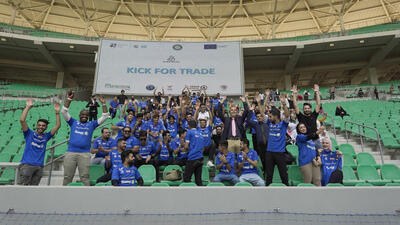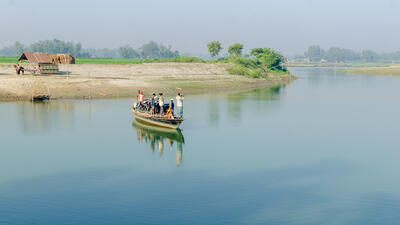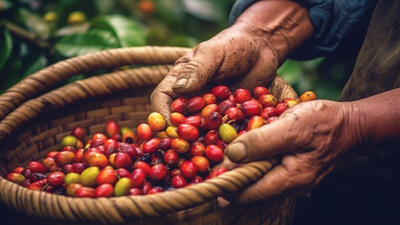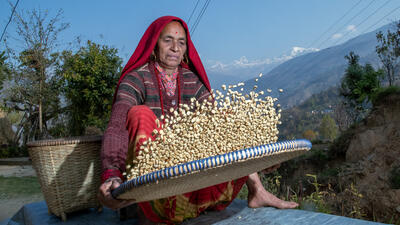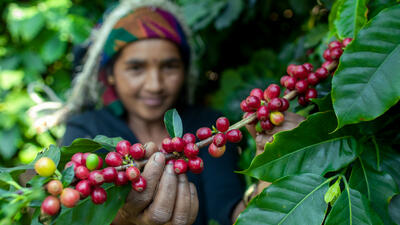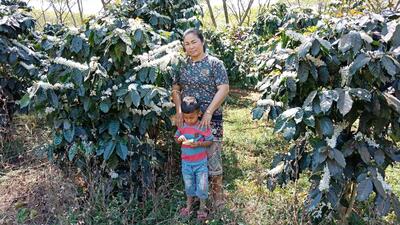Impediments to trade in agri-food products
Trade in agricultural commodities has always been particularly sensitive. With decreasing tariffs, non-tariff measures (NTMs) have moved into focus. Applied by the importing or exporting country, NTMs entail various challenges and additional costs for exporters in developing countries, and may be perceived as trade impediments. Agri-food trade is often subject to regulations with non-trade objectives such as the protection of consumers or the environment, for example maximum residual levels of pesticides in food products. These technical measures, referred to as either sanitary and phytosanitary measures (SPS) or technical barriers to trade (TBT), may still de facto affect trade.
ITC is conducting large-scale company surveys about NTMs and other related obstacles to trade in 30 countries. These surveys involve direct interviews with businesses dealing with these issues day-to-day. NTM surveys usually cover a representative number of 200 to 600 companies interviewed by phone, with 100 to 300 subsequent in-depth face-to-face interviews. This way the survey delivers both representative aggregate results and in-depth insights into specific issues faced by exporters.
Aggregate-level results show a high share of exporters affected by trade impediments. In the nine developing countries surveyed so far (see figure), between 50% and 82% of the companies exporting agricultural commodities reported problems – significantly more than in the manufacturing sector.
Looking at the reported NTMs confirms the general notion that partner countries’ technical measures are the main obstacles for the sector (68% of all reported NTMs). Technical measures have two components: the technical requirement itself and conformity assessment, such as certification to provide proof of compliance with the underlying requirement. Demonstrating compliance is the predominant problem, particularly in smaller countries with limited domestic testing and certification infrastructure.
Apart from partner countries’ regulations, many measures (22%) were applied by the exporting country itself, including, most commonly, export inspections and other technical measures, but also export taxes and some licensing requirements. Such domestic measures are likely to affect large export values because they are usually applied to entire product groups irrespective of the partner country.
Solutions can only be pursued by identifying the specific reasons that make NTMs and related procedures an obstacle. Many partner country regulations have a domestic dimension. Consequently, export facilitation can often be achieved by domestic action. In Burkina Faso, for example, exporters of high-potential products like sesame, shea and cashew nuts reported difficulties in obtaining the technical certificates required by importing countries, especially for the European Union (EU). The crucial obstacle was the lack of international accreditation of domestic certification bodies. ITC quality experts are now engaged in supporting an initiative by the UN Industrial Development Organization and the EU to accredit national laboratories.
The NTM survey is therefore a practical diagnostic tool providing information for the design of trade-related technical assistance, capacity building and national policies.
For more information, contact ntm [at] intracen.org or refer to ITC country-specific series Company perspectives on Non-Tariff Measures at www.intracen.org/publications .








